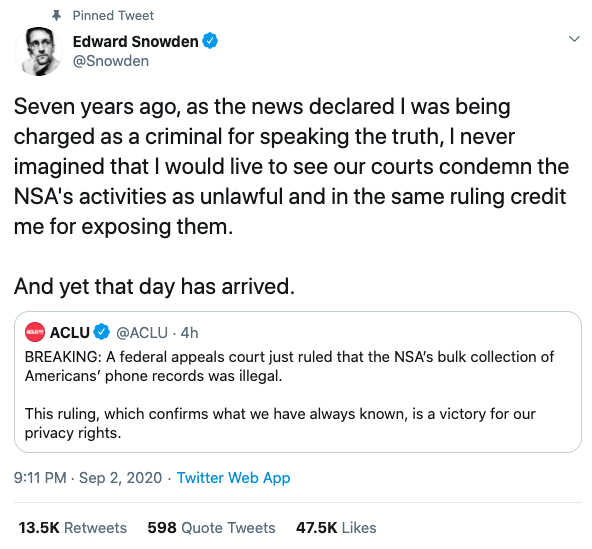In another round of increasingly rare good news in the realm of privacy, individual rights and freedom, two separate US federal judges have found geofence warrants to be unconstitutional.
Geofence warrants have been around for some time now. Essentially, it’s a new investigative technique wherein law enforcement, rather than surveilling a suspect to discover if they had been at the scene of a crime, they work backwards by identifying everyone that’s been at a particular location and surveilling them until they discover which one of them is a possible suspect.
This is made possible using Google’s Sensorvault. You know that thing where Google monitors your location history and presents it neatly to you in Google Maps? Well, in no surprise to anyone, Google has also been presenting that information to law enforcement.
Understandably, privacy and freedom advocates have been calling attention to this practice ever since it became known last April. Problem is, the way law enforcement goes about acquiring these warrants is rather shady. Since there’s no suspect involved, there’s no defendant and no lawyer representing that defendant. Meaning these court proceedings are often sealed by nature, and we only find out about them after the fact, if at all.
US courts have recently begun accepting that our smartphones hold so much data about us that they should be protected by the fourth amendment, as an extension of our homes.
Three separate unsealed opinions from two federal magistrate judges have come to the same conclusion: that these warrants lack the probable cause and particularity requirements of the fourth amendment.
In this case, the government warrant tried to compel Google to disclose unique device identifiers and location information for any device that has been within certain designated areas during specified forty-five minute periods on three different dates.
One of the geofences in question covers a 100-meter radius that included restaurants, commercial establishments and at least one residential complex with “amenities associated with upscale urban living” in a densely populated city.
It’s disturbing to think of just how many Americans’ constitutional rights would have been violated if the warrant was granted. Even more disturbing is other such warrants possibly getting granted regularly, aside from what information Google willingly hands over to governments.














